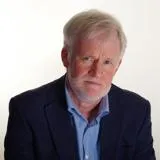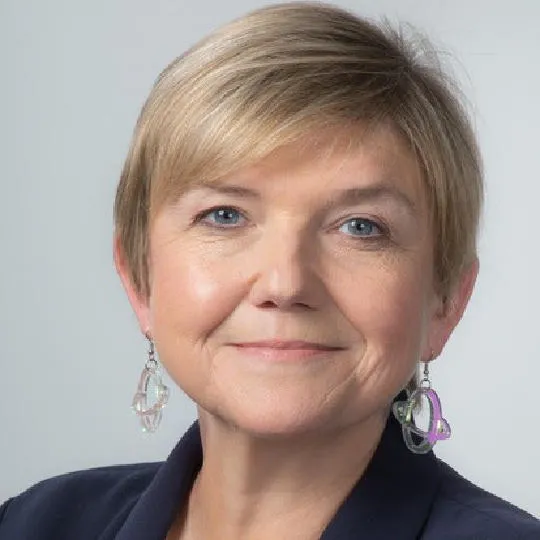26 February 2024
King's continues to share crucial insights on the war in Ukraine
As the war in Ukraine enters its third year, academics from across the School of Security Studies at King’s College London continue to use their expertise to enrich public understanding of the ongoing conflict and its geopolitical implications.
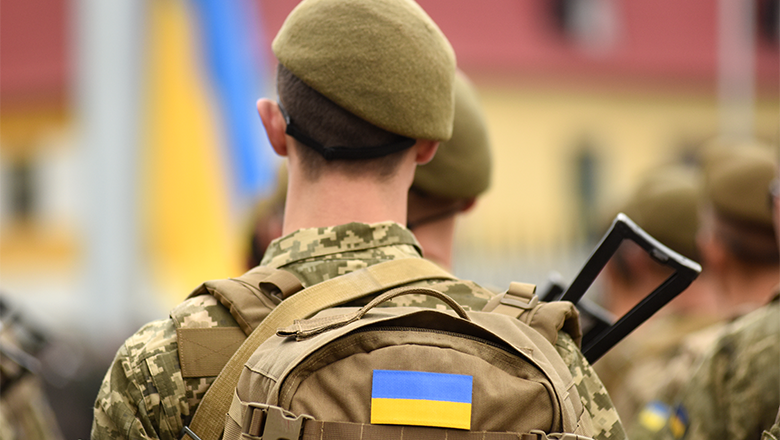
Speaking to broadcast, print and online media, academics within the Department of War Studies and Defence Studies Department have shared their insights on the immediate challenges that are confronting both Russia and Ukraine in 2024.
Dr Rod Thornton delved into the upcoming Russian presidential elections in The Conversation, noting the inevitability of Putin's victory while also suggesting that his popularity may decline due to the strain the war has placed on social welfare spending. Visiting Research Fellow Dr Mike Martin provided commentary in The Telegraph on Russia’s limitations in conducting large-scale offensives, despite making incremental gains, and Dr Marina Miron spoke to iNews about Ukraine’s failure to prepare defensive lines to withstand a major assault by Russia. Professor Sir Lawrence Freedman discussed the importance of Western support in sustaining Ukraine’s resistance in an article for Foreign Affairs Magazine and explored how drones, robots and artificial intelligence have influenced the war's conduct in Ukraine on Times Radio.
Academics from the School have also analysed the rapid increase in worldwide defence spending post-invasion and European efforts to strengthen their diminishing armed forces. Visiting Lecturer Dr Samir Puri was quoted in Al Jazeera on the surge in global defence spending allocated to research and innovation to enhance warfighting capabilities and Dr Sophy Antrobus spoke to Euronews about the recruitment challenges confronting European armies.
Dr Marina Miron spoke about the war in Ukraine and shared her views on whether a peaceful resolution is possible for a podcast episode looking at current conflicts around the world which was produced the Faculty of Social Science & Public Policy for the WORLD: we got this series.
Several academics shared their thoughts on the recent dismissal of General Zaluzhny as Commander in Chief of the Ukrainian Armed Forces and the appointment of Oleksandr Syrskyi. Dr Jade McGlynn addressed the political and military divisions in the Ukrainian Army in The Telegraph, Visiting Professor Michael Clarke was quoted in NBC News, and Dr Natasha Kuhrt spoke to Reaction about the leadership shake-up.
Alongside written commentary on the war, the School of Security Studies has organised several public events focusing on technological innovation, military strategy and the humanitarian dimensions of the conflict. One such event, hosted by the War Crimes Research Group, featured Catriona Murdoch, partner at Global Rights Compliance, discussing the weaponisation of food. Additionally, XCEPT and the International Centre for the Study of Radicalisation collaborated on ‘Rethinking Resilience,’ a series addressing social reconstruction and trauma experienced by men in conflict zones in Ukraine.
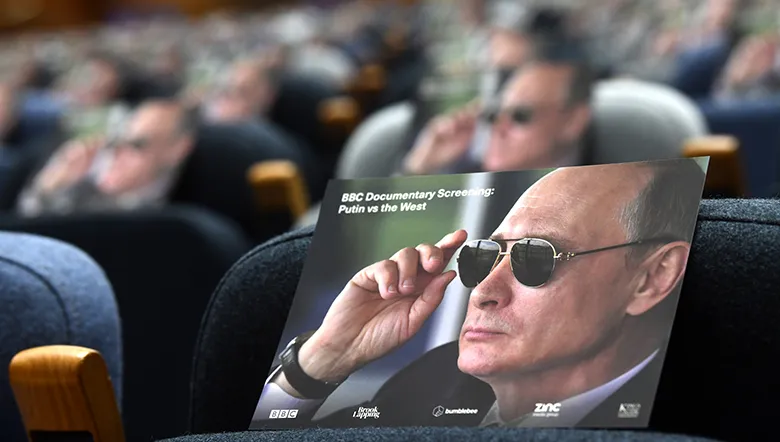
In January, the School of Security Studies hosted a pre-screening of the BBC documentary series Putin Vs the West: At War, providing students with the opportunity to hear from its production team, experts and the former Secretary of State for Defence, Rt Hon Ben Wallace MP.
Over the coming months, King's will continue to share vital insights as the conflict evolves to deepen public understanding and provide up-to-date educational resources for King’s students. For further academic insights on the war in Ukraine, please look at King’s ‘Ukraine Explained’ series, which offers 49 accessible articles that have been shared since the Russian invasion. The articles shed light on different aspects of the war, including Putin’s motivations, western responses and civilian resistance.
Upcoming event on the war in Ukraine and risks of remote warfare
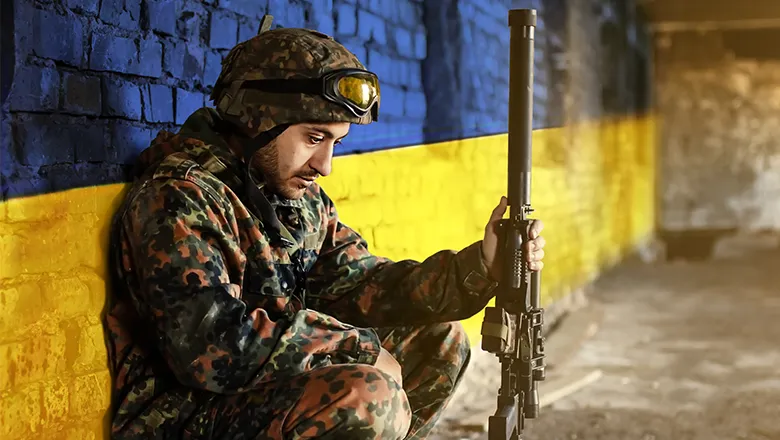
The adoption of remote warfare, characterised by the use of drones, advanced strike systems, and AI-driven battle management software, has become a central strategy in Western military operations. While this operational model has yielded significant initial results for the Ukrainian armed forces, Professor Mikkel Vedby Rasmussen shares some of its strategic shortcomings.
Join Professor Mikkel Vedby Rasmussen on the 18 March as he explores the risks associated with Western strategy in the Ukraine War.


